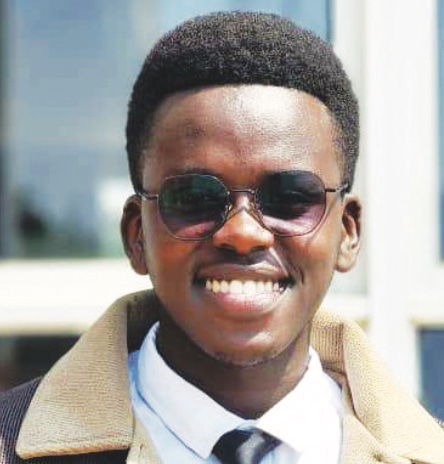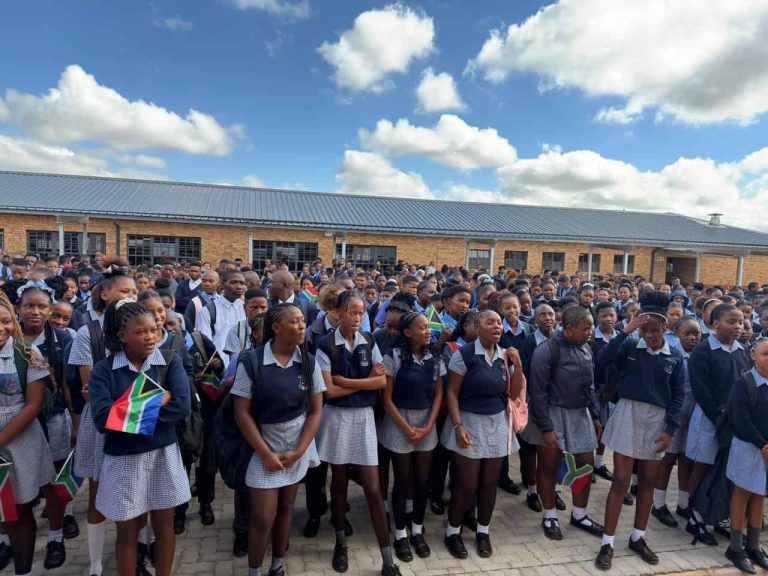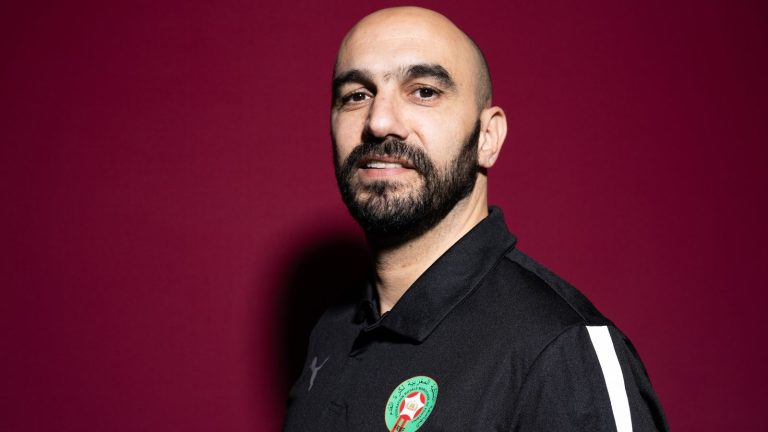
Screenshot

In the shadow of Dubai’s glittering skyscrapers, Ugandan women like Monica Karungi met horrific ends, pushed into unmarked graves after enduring unimaginable exploitation in a sex trafficking ring run by a fellow countryman.
As the BBC’s *Death in Dubai* exposé reveals, these tragedies are not isolated horrors but symptoms of a systemic failure by the Ugandan government to protect its citizens from the perils of labour migration.
While Parliament stirs with calls for stronger bilateral agreements, the blood of these women cries out for more than rhetoric — it demands accountability from leaders who export dreams but import only silence and shame. Thanks to the BBC for doing the work the Ugandan government should be doing.
Interestingly, in 2009, Uganda opened its embassy in Abu Dhabi, and in 2011, the UAE established its embassy in Kampala. In 2022, the Uganda Consulate General in Dubai was opened, followed by the Uganda Business Centre in Dubai in 2024, further fostering exchanges and diplomatic dialogue.
The two countries have enjoyed close political ties, with regular high-level visits, key agreements, and mutual support in the international arena, solidifying their “close bonds.”
The greater question is whether those operating in these diplomatic spaces are deaf, blind, or indifferent to the plight of Ugandans who have suffered inhumane treatment.
Perhaps trading rice and other goods is deemed more important than protecting the people who migrate to these countries — not because they hate home, but because, for many, Uganda itself has become a living hell.
As they often say, “Bwofuluma Uganda, toda” (“When you leave Uganda, don’t come back”). In the 21st century, in 2025, 62 years after independence, why can’t we strengthen systems to protect our people in foreign lands?
The ghosts of our ancestors, traded as slaves, must be haunting us, and perhaps we shall never be free as long as our leaders prioritize their own interests. As the saying goes, a fish rots from the head, and I hold the same view: we, the citizens, entrust our rights to leaders to protect us, and when they fail, others exploit and abuse us.
Abbey Mwesigwa, a suspected trafficker exploiting access to national identification data from NIRA to perpetuate this exploitation, exposes the depth of our systemic failures. Families weep as they receive coffins containing their loved ones — if they are fortunate enough to receive them at all.
For those who left home seeking to improve their lives, the outcome is often tragic: families are forced to sell their properties to repatriate the bodies of their children. Those without property or access to loans are left with no choice but to give up, leaving their loved ones buried in foreign lands where they were promised greener pastures.
This is the sad reality that reveals the alarming normalization of this tragedy. Some people argue, “Who told them to go? They wanted to…”
It is tragic how we have lost the sense of family and humanity that once defined us. You may think this way, but remember: today, it’s someone else’s sister; tomorrow, it could be yours. John F. Kennedy, the former president of the USA, once said: “The rights of every man are diminished when the rights of one man are threatened.”
Even beyond borders, the state is obligated to safeguard its citizens. This is why, in foreign lands, people often ask, “Where are you from?” That question underscores the state’s duty to protect its citizens, no matter where they are.
Oh! Uganda…you’ve failed home and away.



